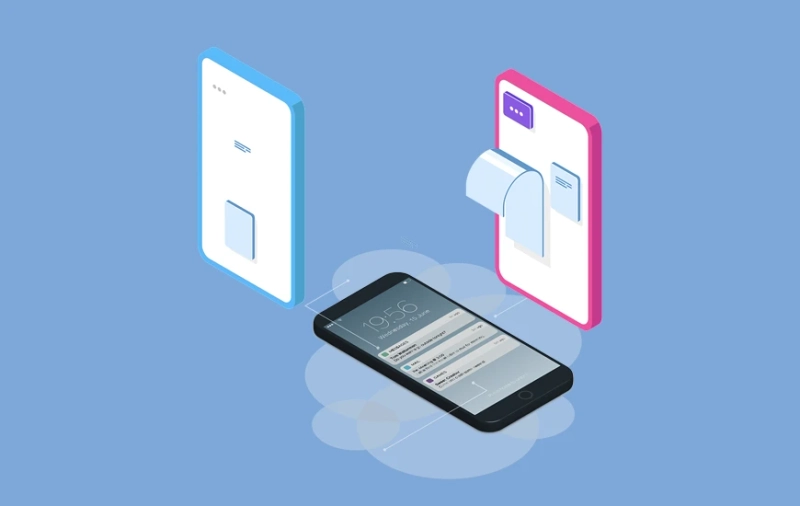In the fast-paced world of mobile app development, businesses are constantly seeking efficient ways to reach their target audience across various platforms. Enter cross-platform app development frameworks, the go-to solution for creating apps that seamlessly run on multiple operating systems. To shed light on this topic, we delve into the realm of cross platform app development frameworks, exploring their features, benefits, and the top contenders in the market.
Understanding Cross-Platform App Development Frameworks
Cross-platform app development frameworks are software tools that enable developers to build mobile applications that can run on multiple platforms with a single codebase. These frameworks streamline the development process, allowing developers to write code once and deploy it across various platforms, such as iOS, Android, and Windows.
Benefits of Cross-Platform App Development Frameworks
The use of cross-platform app development frameworks offers several advantages. First and foremost is cost-effectiveness, as developers can save time and resources by writing code once and deploying it across multiple platforms. Additionally, cross-platform frameworks facilitate faster time-to-market, as developers can simultaneously develop and deploy apps for different platforms. Moreover, these frameworks promote code reusability, simplifying maintenance and updates across various platforms.
Top Cross-Platform App Development Frameworks
React Native: Developed by Facebook, React Native is one of the most popular cross-platform app development frameworks. It allows developers to build native-like mobile applications using JavaScript and React, leveraging a rich set of components and libraries.Flutter: Created by Google, Flutter is gaining traction as a powerful cross-platform app development framework. It enables developers to build high-performance, visually appealing apps using a single codebase written in Dart, with a rich set of customizable widgets.Xamarin: Owned by Microsoft, Xamarin is another prominent cross-platform app development framework. It allows developers to build native-like apps using C# and .NET, with access to platform-specific APIs and features.Ionic: Built on top of Angular, Ionic is a popular open-source cross-platform app development framework. It enables developers to build hybrid mobile apps using web technologies such as HTML, CSS, and JavaScript, with access to a rich set of UI components and plugins.PhoneGap/Cordova: Developed by Adobe, PhoneGap (also known as Apache Cordova) is a widely used cross-platform app development framework. It allows developers to build hybrid mobile apps using web technologies, with access to native device features through plugins.Conclusion
In conclusion, cross-platform app development frameworks offer a cost-effective and efficient solution for businesses looking to reach a wider audience across multiple platforms. By leveraging the features and capabilities of top cross-platform frameworks such as React Native, Flutter, Xamarin, Ionic, and PhoneGap/Cordova, developers can create high-quality mobile applications with ease. Whether you're a seasoned developer or a business owner looking to build a mobile app, exploring the world of cross-platform app development frameworks is essential for staying ahead in today's competitive market.



